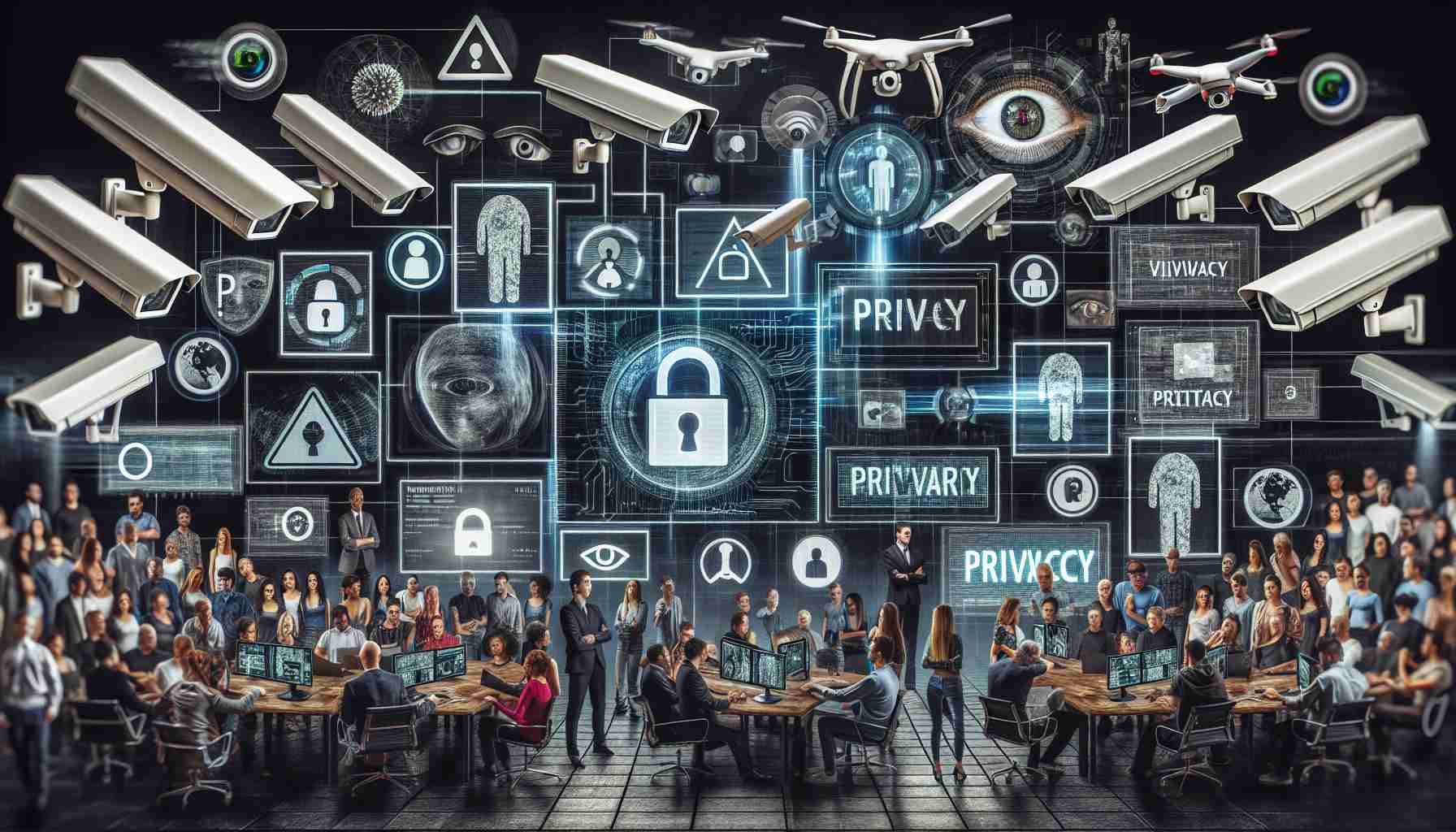
Advancements in Surveillance Technology Balancing Privacy Concerns
New surveillance technologies continue to aid law enforcement agencies in solving crimes efficiently, ranging from murders to missing persons cases. These tools, such as license plate readers and surveillance cameras, have proven instrumental in providing crucial leads for investigations.
While the importance of utilizing such technologies for public safety is evident, there is a growing apprehension regarding their potential misuse and infringement on privacy rights.
Striking a delicate balance between security and privacy is crucial, with legal boundaries needing to be clearly defined to prevent unconstitutional surveillance practices.
Public officials in various jurisdictions are taking measures to address these concerns, implementing policies to ensure that surveillance tools are used in compliance with privacy laws to safeguard civil liberties.
License plate readers, for instance, are now widely utilized by law enforcement to track criminal activities in real-time and aid in locating individuals of interest.
Debates around the storage and access of data collected by these readers persist, with advocates emphasizing the necessity of stringent regulations to prevent potential abuses and invasions of privacy.
Efforts to introduce legislation that limits the retention of license plate information highlight the ongoing dialogue between privacy advocates and law enforcement agencies on the responsible use of surveillance technologies.
Ultimately, the challenge remains in harnessing technological advancements to enhance crime-solving capabilities while upholding fundamental privacy rights and ensuring the overall safety and security of communities.
Advancing Surveillance Technology in the Modern Era: Navigating Privacy Concerns
As surveillance technology continues to evolve, law enforcement agencies are presented with powerful tools to combat crime effectively. Beyond license plate readers and surveillance cameras, advancements in facial recognition software and drones are revolutionizing investigative processes with their ability to identify suspects and monitor large areas quickly.
Most Important Questions:
1. How can surveillance technology help prevent crimes before they happen?
2. What are the potential consequences of unchecked surveillance on individual privacy?
3. Who should have access to the data collected by surveillance technologies, and under what circumstances?
Key Challenges and Controversies:
One significant challenge is the lack of clear regulations governing the use of new surveillance technologies. Without proper oversight, there is a risk of overreach by law enforcement, leading to violations of privacy rights. Controversies often arise when the data collected is stored indefinitely or shared with other agencies without consent.
Advantages and Disadvantages:
Advantages:
– Quick and efficient crime-solving capabilities
– Enhanced public safety and security
– Deterrent effect on potential criminals
Disadvantages:
– Potential misuse and abuse of surveillance tools
– Infringement on individual privacy rights
– Lack of transparency in data collection and storage practices
In the ongoing debate between privacy advocates and law enforcement, the need for a comprehensive framework that balances security needs with civil liberties is paramount. Implementing strict guidelines on data retention periods, access protocols, and transparency measures can help alleviate concerns about privacy violations.
Suggested Related Links:
– Department of Justice
– Electronic Frontier Foundation

















